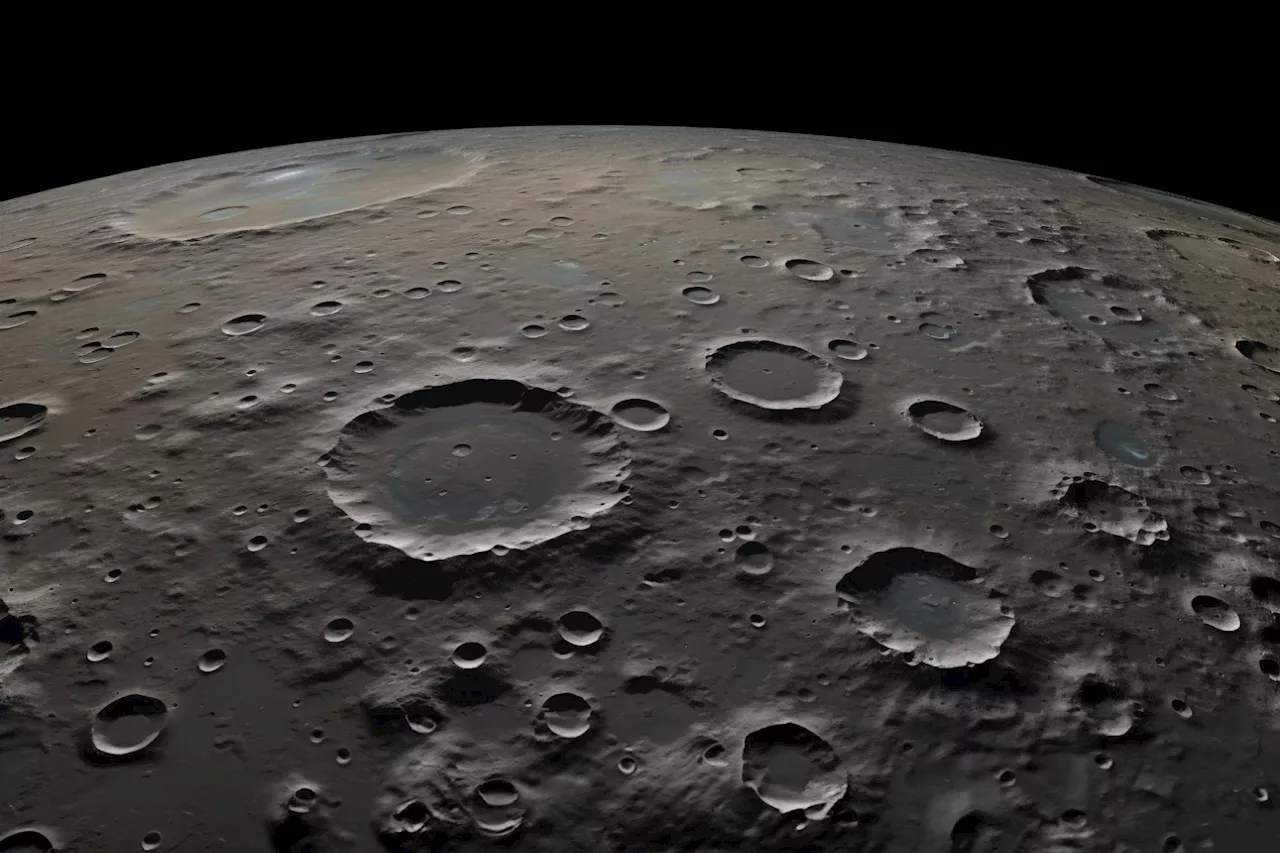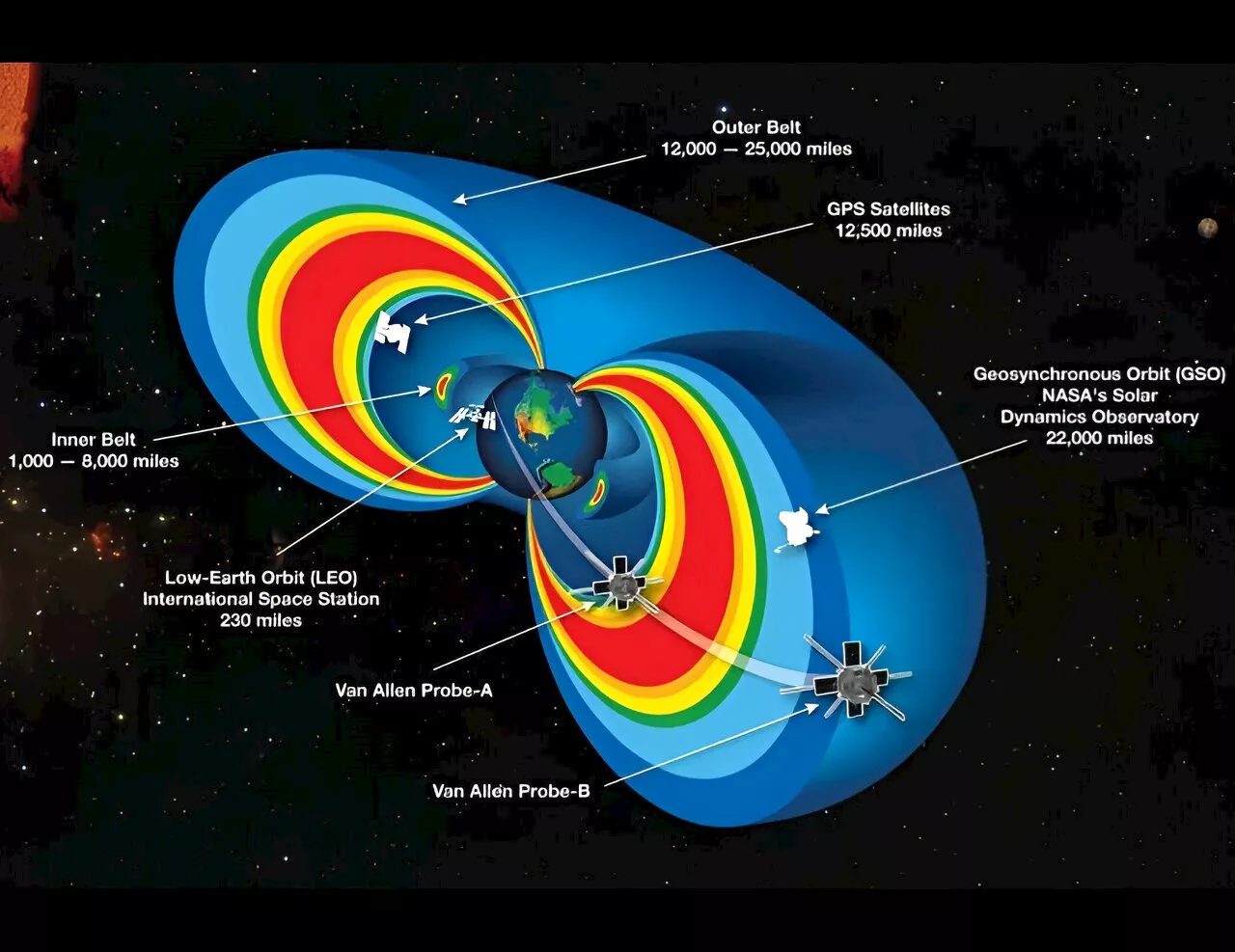Two University of Alaska Fairbanks scientists have discovered a new type of 'whistler,' an electromagnetic wave that carries a substantial amount of lightning energy to the Earth's magnetosphere.
Scientists discover phenomenon impacting Earth's radiation belts retrieved 17 August 2024 from https://phys.org/news/2024-08-scientists-phenomenon-impacting-earth-belts.html
This document is subject to copyright. Apart from any fair dealing for the purpose of private study or research, no part may be reproduced without the written permission. The content is provided for information purposes only.Rocks collected on Mars hold key to water and perhaps life on the planet: Researchers urge bringing them back to Earth
Use this form if you have come across a typo, inaccuracy or would like to send an edit request for the content on this page. For general inquiries, please use ourThank you for taking time to provide your feedback to the editors. Your feedback is important to us. However, we do not guarantee individual replies due to the high volume of messages.to let the recipient know who sent the email. Neither your address nor the recipient's address will be used for any other purpose. The information you enter will appear in your e-mail message and is not retained by Phys.org in any form.Get weekly and/or daily updates delivered to your inbox.
Physics News Science News Technology News Physics Materials Nanotech Technology Science
United States Latest News, United States Headlines
Similar News:You can also read news stories similar to this one that we have collected from other news sources.
 Scientists Reveal How They Identified The Ancestor of All Life on EarthThe Best in Science News and Amazing Breakthroughs
Scientists Reveal How They Identified The Ancestor of All Life on EarthThe Best in Science News and Amazing Breakthroughs
Read more »
 Protecting Earth’s Biodiversity: Scientists Propose Bold Plan To Create Moon-Based Bio VaultScience, Space and Technology News 2024
Protecting Earth’s Biodiversity: Scientists Propose Bold Plan To Create Moon-Based Bio VaultScience, Space and Technology News 2024
Read more »
 Lightning sparked all of life on Earth, say Harvard scientists: 'One of the great unanswered questions'Historically experts have theorized that complex life began on our planet around 635 million years ago, as the first organisms evolved in the primordial ooze. However, experts now say that new evidence challenges that timeline and that complex life could have begun more than a billion years before that.
Lightning sparked all of life on Earth, say Harvard scientists: 'One of the great unanswered questions'Historically experts have theorized that complex life began on our planet around 635 million years ago, as the first organisms evolved in the primordial ooze. However, experts now say that new evidence challenges that timeline and that complex life could have begun more than a billion years before that.
Read more »
 Scientists drill longest-ever piece of Earth's mantle from underwater mountain near 'Lost City'Stephanie Pappas is a contributing writer for Live Science, covering topics ranging from geoscience to archaeology to the human brain and behavior.
Scientists drill longest-ever piece of Earth's mantle from underwater mountain near 'Lost City'Stephanie Pappas is a contributing writer for Live Science, covering topics ranging from geoscience to archaeology to the human brain and behavior.
Read more »
 Scientists drill record 3937 feet into Earth’s mantle to unveil life originsThe technology has been available for years but it took exceptionally good conditions to drill out such a long nearly continuous core.
Scientists drill record 3937 feet into Earth’s mantle to unveil life originsThe technology has been available for years but it took exceptionally good conditions to drill out such a long nearly continuous core.
Read more »
 'Continents' of Venus Hint at Surprising Link to Early Earth, Scientists DiscoverThe Best in Science News and Amazing Breakthroughs
'Continents' of Venus Hint at Surprising Link to Early Earth, Scientists DiscoverThe Best in Science News and Amazing Breakthroughs
Read more »
